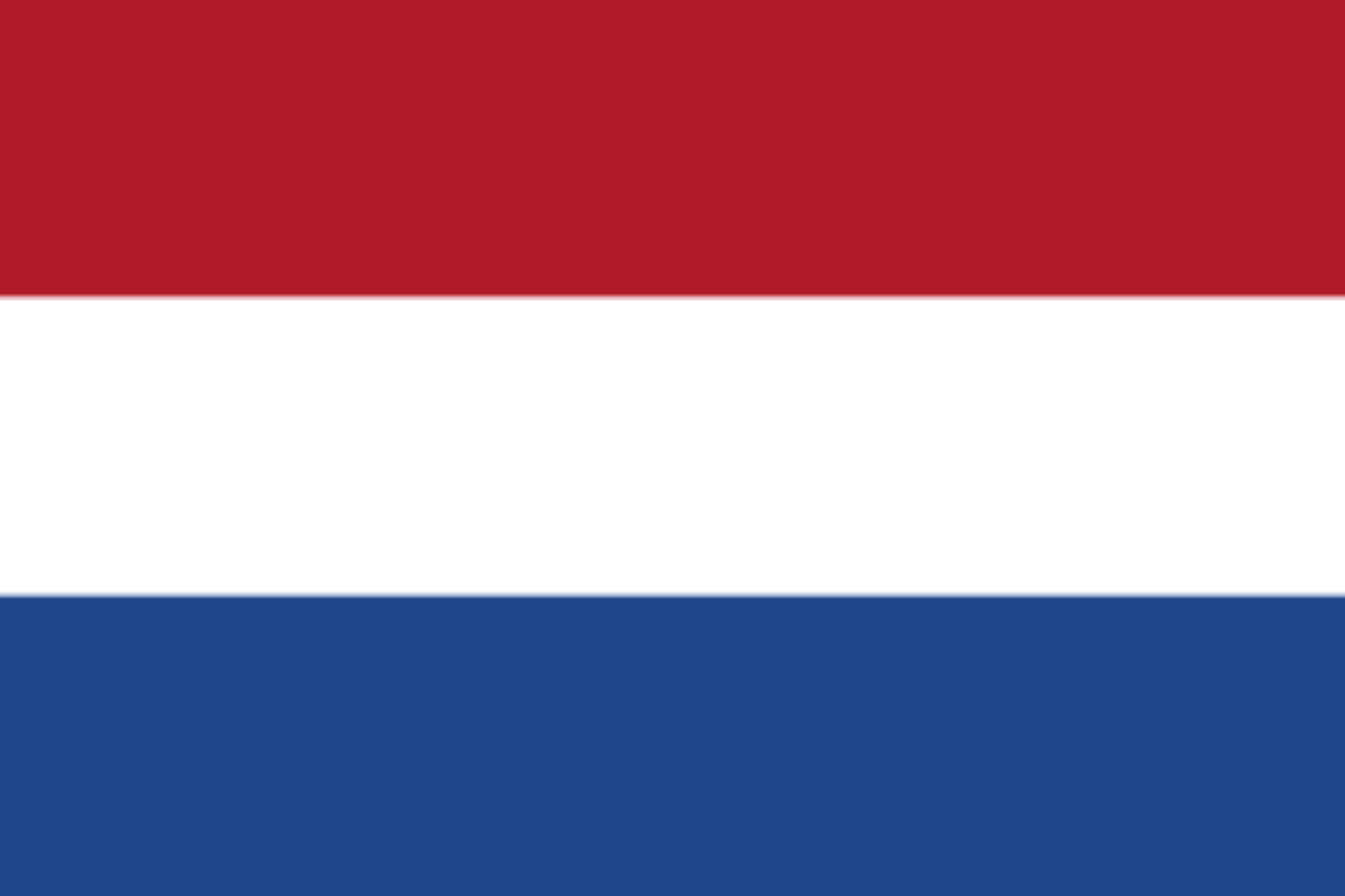
Informally known as Holland, the Netherlands is a small, densely populated country located in Western Europe. Known for its flat landscape, extensive canal systems, windmills, tulip fields, and progressive social policies. Much of the country lies below sea level, but it has developed a sophisticated system of dikes and water management to prevent flooding. The Netherlands is a constitutional monarchy with a parliamentary system and is one of the founding members of the European Union, NATO, and other international organisations. Its capital, Amsterdam, is one of the most popular tourist destinations in Europe. It is famous for its historic canals, the Canal ring, art museums like the Rijksmuseum and Van Gogh Museum, Anne Frank House, bicycle-friendly streets and historic architecture.
Due to its low-lying geography and proximity to the sea; river flooding, coastal flooding, wildfires, and earthquakes.
For traffic and driving offences:
Fines are issued by the CJIB (Centraal Justitieel Incassobureau) and mailed to the vehicle owner or renter. Payment is required within 8 weeks, where late reminders would double or triple the fine. Unpaid fines may result in vehicle impoundment, license suspension, seizure from your bank account, or even short-term detention. The Netherlands also participates in EU information-sharing, so unpaid fines could impact future entry or car rental eligibility.
While general public drinking isn't banned nationally, many municipalities—including Amsterdam—impose restrictions in public spaces. In Amsterdam’s Red Light District, fines for public drinking, disorderliness, urination (“Wildplassen”, which is consistent across the country), or littering are approximately €140. Behaviours considered antisocial (e.g., public drunkenness) can also be penalized, though enforcement varies.
While the Netherlands is known for tolerant cannabis laws, importing/exporting drugs is very serious, with penalties can reach years in prison depending on the severity and substance involved (e.g. hard drugs). Some cities even restrict tourist access to coffeeshops (e.g., Maastricht), but Amsterdam typically allows tourist visits.
The official language of the Netherlands is Dutch, but West Frisian, Papiamento and English are also spoken.
Vehicles drive on the right in the Netherlands, with trams and buses always having the right of way, especially when re‑entering traffic or at junctions. The minimum driving age is 18, but the minimum age to rent a car is 19. However, some companies may require drivers to be at least 21 or even 25 for certain car classes, and drivers under 25 may also face a young driver surcharge. Additionally, drivers need a valid driver's licence held for at least one year to rent a car.
UK licence holders don't need an International Driving Permit (IDP), unless they have an older paper licence, or one issued in Gibraltar, Guernsey, Jersey, or the Isle of Man, but they still need to carry their licence, passport, and proof of car insurance.
Most roads are toll-free, but a few tunnels (e.g., Kiltunnel, Westerschelde) do charge a toll. And in cities, 'blue zone' parking requires a parking disc visible on the dashboard. These are available at tobacco shops, police stations, and tourist offices.
Petrol stations are common in major roads and in towns. Most stations offer Euro95 (E10) and diesel, with some also providing Euro98 (E5) or LPG. Payment is usually by cash or card, with automatic pumps available at some locations, though you can also use payment apps like ryd.
Lower limits often apply in specific zones; always follow signs.
The legal limit is 0.05% (0.02% for new drivers; licence held for under 5 years).
Seat belts are mandatory for all passengers where installed.
Children under 135cm must use approved child restraints and generally must sit in the rear.